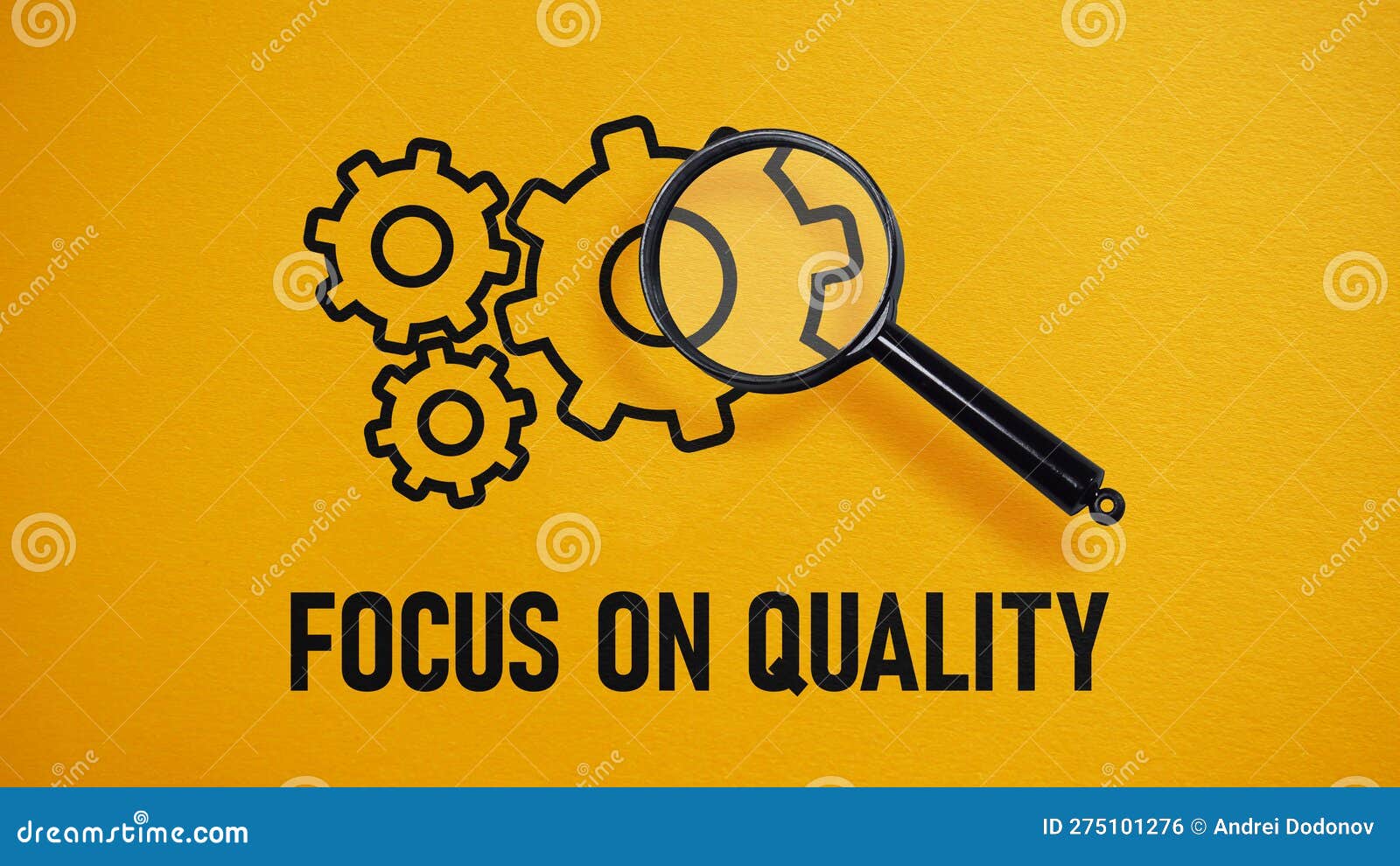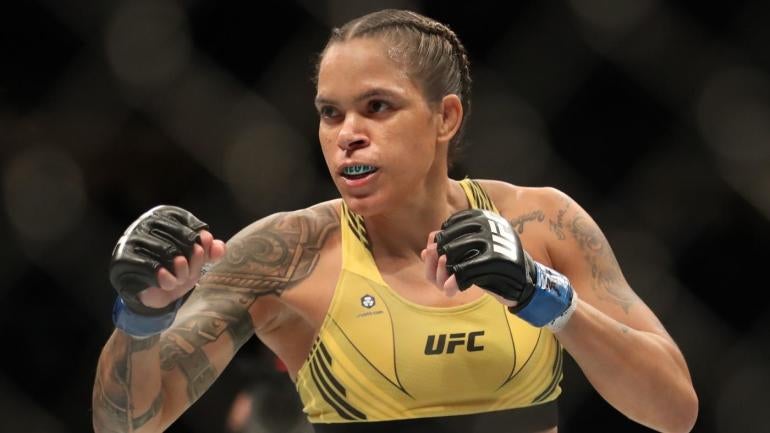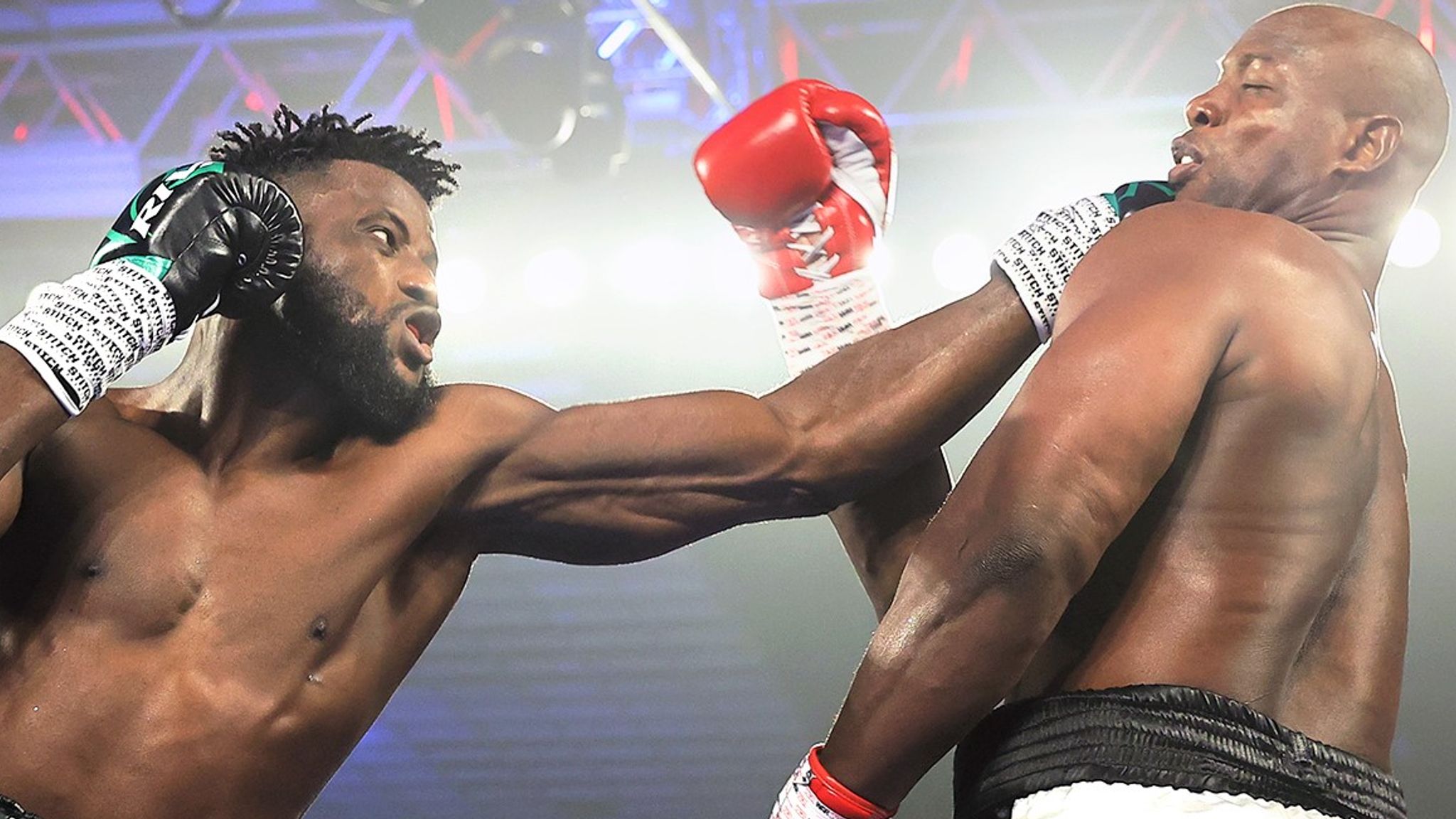Marvel's Content Strategy: A Necessary Shift In Focus And Quality

Table of Contents
The Over-Saturation of Content
The MCU has exploded in recent years, expanding across Disney+, theatrical releases, and various other platforms. While this expansion initially seemed promising, the sheer volume of content has led to a noticeable decline in overall quality. The relentless release schedule appears to prioritize quantity over quality, resulting in a phenomenon known as "content fatigue." Viewers are overwhelmed, and the impact on audience engagement and critical reception is undeniable.
- Rushed Production: Several recent projects have been criticized for feeling rushed, with underdeveloped plots and unconvincing character arcs. The "She-Hulk" series, for instance, faced criticism for its inconsistent tone and pacing.
- Impact on Engagement: Statistics reveal a decline in viewership for some Disney+ Marvel series compared to earlier successes like WandaVision. Negative reviews and social media backlash indicate growing audience dissatisfaction.
- Brand Dilution: The sheer volume of less-than-stellar content risks diluting the Marvel brand, making it harder to distinguish high-quality projects from the rest. This oversaturation contributes to the feeling of "Marvel fatigue" among long-time fans.
A Need for More Focused Storytelling
A significant criticism leveled against recent Marvel projects is the lack of cohesive narratives across different properties. The interconnectedness that once defined the MCU feels fragmented. This lack of a unified vision negatively impacts audience immersion and diminishes the overall impact of individual stories.
- Disconnected Storylines: Characters and events often feel disjointed, lacking the organic development and interweaving narratives that characterized earlier phases of the MCU. The introduction and handling of new characters often feel rushed and lack sufficient backstory.
- Inconsistent Character Development: Beloved characters sometimes undergo jarring transformations, deviating from their established personalities and motivations. This inconsistent portrayal weakens audience connection and undermines the emotional investment in the characters.
- Unified Narrative Vision: Successful franchises, like the Lord of the Rings or the Harry Potter series, maintain a clear, consistent narrative thread that ties their various components together. Marvel needs to return to this principle to revitalize its storytelling. A well-defined overarching narrative will enhance individual storylines and provide a deeper, more satisfying viewing experience.
Elevating the Quality of Writing and Production
Beyond the narrative concerns, many critics point to a decline in the overall quality of writing, production values, and special effects in certain recent Marvel projects. This includes issues with dialogue, pacing, character arcs, and visual effects.
- Script Quality Concerns: Some projects have been criticized for weak dialogue, unconvincing character motivations, and predictable plotlines. A lack of originality and reliance on established tropes have also been cited as issues.
- Production Value: While some projects maintain high production values, others have suffered from noticeable reductions in quality, particularly in visual effects and set design. This can range from minor inconsistencies to outright jarring moments that pull viewers out of the narrative.
- Budget Constraints and Schedules: The pressure of tight deadlines and potential budget constraints may be contributing factors to the dip in quality. Prioritizing quality over quantity would necessitate adjusting the production schedule to allow for sufficient time for creative development and refinement.
Re-evaluating Character Development and Arcs
A crucial aspect of improving Marvel's content strategy involves a significant reassessment of its approach to character development. Many recent projects feature poorly written character arcs or inconsistent portrayals, leading to audience dissatisfaction.
- Inconsistent Portrayals: Established characters sometimes feel out of character, deviating from their previously established personalities and motivations in ways that seem forced or illogical.
- Importance of Character Development: Strong character development is the backbone of compelling storytelling. Audiences connect with characters who are well-defined, believable, and undergo meaningful growth.
- Successful Examples: Marvel should analyze successful examples of character development from other franchises, both in film and television, to learn how to craft richer and more compelling character arcs.
Listening to Audience Feedback and Adapting
Ignoring audience feedback is a recipe for disaster. Marvel needs to actively listen to and incorporate viewer opinions to improve its future projects. Successful franchises thrive on this constant feedback loop.
- Learning from Successes: Franchises like Game of Thrones (initially), and even the MCU in its early stages, demonstrate the power of adapting to audience feedback. Responding to criticism constructively shows respect for the audience and can lead to stronger storytelling.
- Gathering Feedback: Marvel can leverage social media, online reviews, and audience surveys to gather valuable data about viewer preferences and criticisms. This data can be used to inform creative decisions and ensure that future projects resonate with the audience.
- Constructive Responses: Addressing criticism openly and honestly can foster a more positive relationship with the audience. Demonstrating a commitment to improvement signals that Marvel values its viewers' opinions and is dedicated to producing higher-quality content.
The Future of Marvel's Content Strategy
In conclusion, Marvel's current content strategy suffers from over-saturation, a lack of focused storytelling, and a noticeable decline in quality across several projects. To secure the future of Marvel's content, a significant shift in focus is necessary. This means prioritizing quality over quantity, creating cohesive and compelling narratives, and investing in stronger character development. By actively listening to audience feedback and adapting its approach, Marvel can regain the trust of its viewers and continue its reign as a leading entertainment brand. Let's discuss how we can improve Marvel's content strategy, ensuring a brighter future for the MCU and its beloved characters. Share your thoughts on how to elevate Marvel's storytelling and contribute to the ongoing conversation about the future of Marvel's content.

Featured Posts
-
 Following Engagement News Sydney Sweeney Takes An African Safari
May 04, 2025
Following Engagement News Sydney Sweeney Takes An African Safari
May 04, 2025 -
 Ufc Des Moines Predictions Best Mma Bets And Odds For Today
May 04, 2025
Ufc Des Moines Predictions Best Mma Bets And Odds For Today
May 04, 2025 -
 Ao Vivo Corinthians X Internacional Horario Escalacoes E Onde Assistir
May 04, 2025
Ao Vivo Corinthians X Internacional Horario Escalacoes E Onde Assistir
May 04, 2025 -
 Undisputed Championship Quest Begins Canelo And Ggg Face Off In Nyc Press Conference
May 04, 2025
Undisputed Championship Quest Begins Canelo And Ggg Face Off In Nyc Press Conference
May 04, 2025 -
 Ibf Strips Bakole Of Title Eliminator After Parker Knockout Ajagba Fight Impact Diminished
May 04, 2025
Ibf Strips Bakole Of Title Eliminator After Parker Knockout Ajagba Fight Impact Diminished
May 04, 2025
